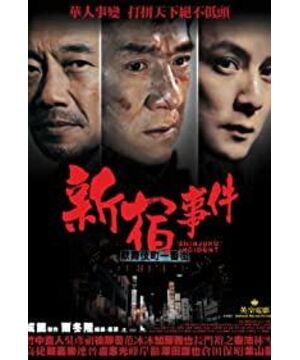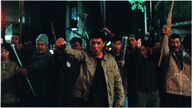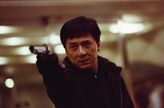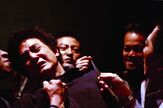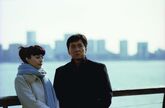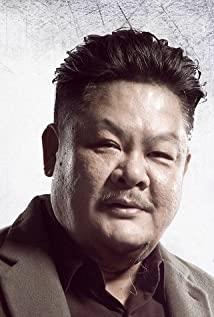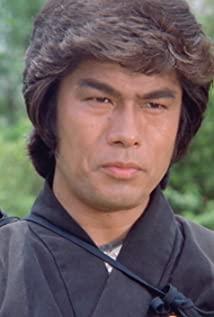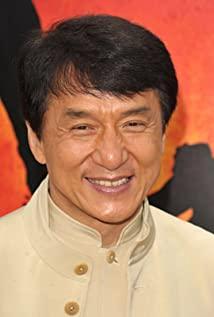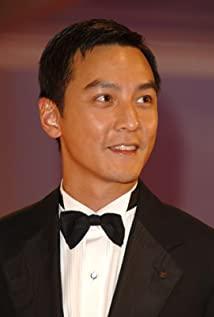However, although the scene of the film is set in Japan, this film is just a pure Hong Kong film and a Hong Kong gangster film. Whether it is the context of the story, the details of the bridge, the use of the camera lens or the scheduling of the scene, it all shows the wisdom, talent and unique style accumulated by Hong Kong filmmakers for many years. I firmly believe that the Japanese can photograph a quiet and cruel "big guy", but they will never be able to photograph such an arrogant, iron-blooded, treacherous and incomparably magnificent "Shinjuku Incident". Looking back at Er Dongsheng at this time, I believe that he is already "not fighting alone". This movie just made my blood boil.
Although the film could not be released in the mainland due to the sensitive subject matter and the bloody scenes, "Shinjuku Incident" is definitely one of the most important Chinese-language films of the year. In recent years, Hong Kong movies have been very "wild" and "mother", and even John To has transformed into the "Wenque" full of literary and artistic accents. This time Er Dongsheng's "Shinjuku Incident" finally killed a carbine. It once again showed the rather iron-clad, rather masculine side of Hong Kong movies.
Jackie Chan's performance in this film is very commendable. He has always been accustomed to playing the role of a positive good person. This time, he resolutely played a stowaways and underworld leader who forced his way to Liangshan. Coupled with a strong supporting cast, it can be said that the stars shine.
Another point worth paying attention to is Li Xiaomu, the script consultant of the film. This gentleman is a real person who entered Japan early and mixed in black and white. He has direct feelings and understanding of the Japanese society and the living conditions of the Chinese people at that time. He has played a pivotal role in the Sino-Japanese cultural circle to this day. I read his book "Kabukicho Insider" a long time ago, which opened my eyes.
Aside from the superficial story form, the "Shinjuku Incident" actually intends to expound a fundamental proposition: can people's "desire" get rid of the "evil" stereotype, and whether there is a "good ending"? Just like Fan Bingbing's advice to Jackie Chan, who has just entered the arena: when people are in a hurry, it is easy to think of crooked ideas. In this regard, the film's attitude is basically pessimistic - even if you are worthy of your own heart, it is difficult for you to change the trajectory of others, and in the end, you will still be countered by the reality of the world, in order to fall into darkness. Cage - At the end of the moment, Jackie Chan, who was betrayed and separated from his family, died in grief and indignation in the sewer - he was still a good man, but he chose Shinjuku by mistake.
The overall narrative of the film is hearty and without drag, which is a good example among many mediocre Chinese-language films. The only bug in the whole film is that the whereabouts of the supporting actress Xu Jinglei are not explained at the end of the play - this will somewhat weaken the expressiveness of her character and affect the balance of the film itself, but it will not affect this manly man. The sharp edge of the movie.
-------------------------------------------------- -----------------------
www.leeforce.com
View more about Shinjuku Incident reviews


